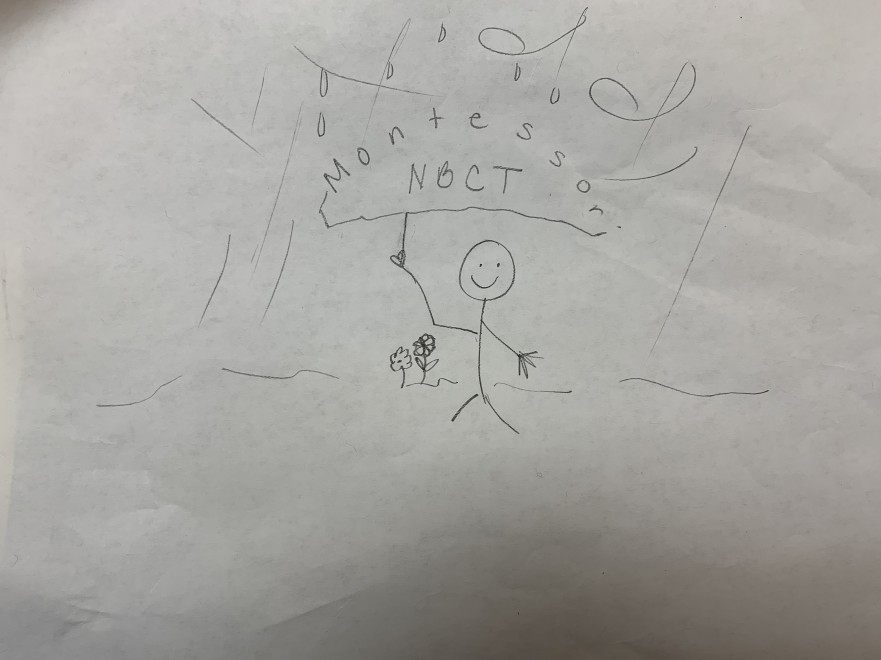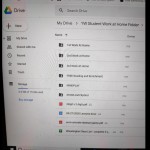In my previous post, The Cape: Deny or Accept, I discussed the conflicting emotions I had after reading the EducationWeek articles High Teacher Expectations Boost Long-Term Student Outcomes (Madeline Will, 2022) and Why One Principal Is Asking Her Staff to Do Less (Crystal Thorpe, 2022). One left me feeling like teachers were taking the place of parents and I felt overwhelmed with misplaced responsibilities. The other like someone prescribed my needs without consulting me first. Ironically, this combination helped me realize what I was truly needing and how to get it.
Option 3: Montessori and NBCT
Montessori
Upon reflecting on what I know works, I looked again at Montessori principles and teaching approaches. To begin with, I am not here to teach but to guide the child to knowledge. This means the child is a partner in his learning process. It is not mine alone. He is an active agent in this.
Another key ingredient in the Montessori pie is observation. We observe the child to learn what he is needing right now in this time. What are his interests and tendencies? What is he doing much of? What is he avoiding? Is the environment responsive to these needs? Do I need to guide him to additional resources? Is he supported in his individual and collective learning? The answers to these questions and their applications will help the child create meaningful learning opportunities. In doing this, I am providing relevant, meaningful, and impactful teaching.
National Board for Professional Teaching (NBCT)
The NBCT 5 Core Propositions serve as tools to help me nail the lessons and learning opportunities that I will be providing.
Proposition 1: Teachers are committed to students and their learning.- Beyond “showing up”, I am committed to supporting students in their individual learning journeys.
Proposition 2: Teachers know the subjects they teach and how to teach those subjects to students. – Observing the child helps me to identify:
- lesson prerequisites
- foresee potential learning errors
- places for acceleration
- where ongoing practice would be beneficial
- next steps
Proposition 3: Teachers are responsible for managing and monitoring students learning. – Observing the child in the lesson and while doing individual work provides real-time assessment opportunities.
Proposition 4: Teachers think systematically about their practice and learn from experience. – Observing and conferencing with the child about current and long-term learning interests and needs helps us plan logically and across the curriculum.
Proposition 5: Teachers are members of learning communities. – Sharing observations and outcomes with peer teachers provide:
- opportunities for reflection in a safe place
- guidance
- enhancement of lessons to be brought back to the classroom
If you are interested in learning more about Montessori, you can access free information at National Center for Montessori in the Public Sector.
In addition to this, if you are looking to get started with NBCT or just want more information, check out their website at nbpts.org.
If you are in the state of Arizona, you can secure local information and resources on NBCT at the azk12 Center. They would love to hear from you.
Don’t wait. Contact an agency today!
NOTE: The opinions in this written article are my personal views. They are not the opinions of any other entity or organization.









